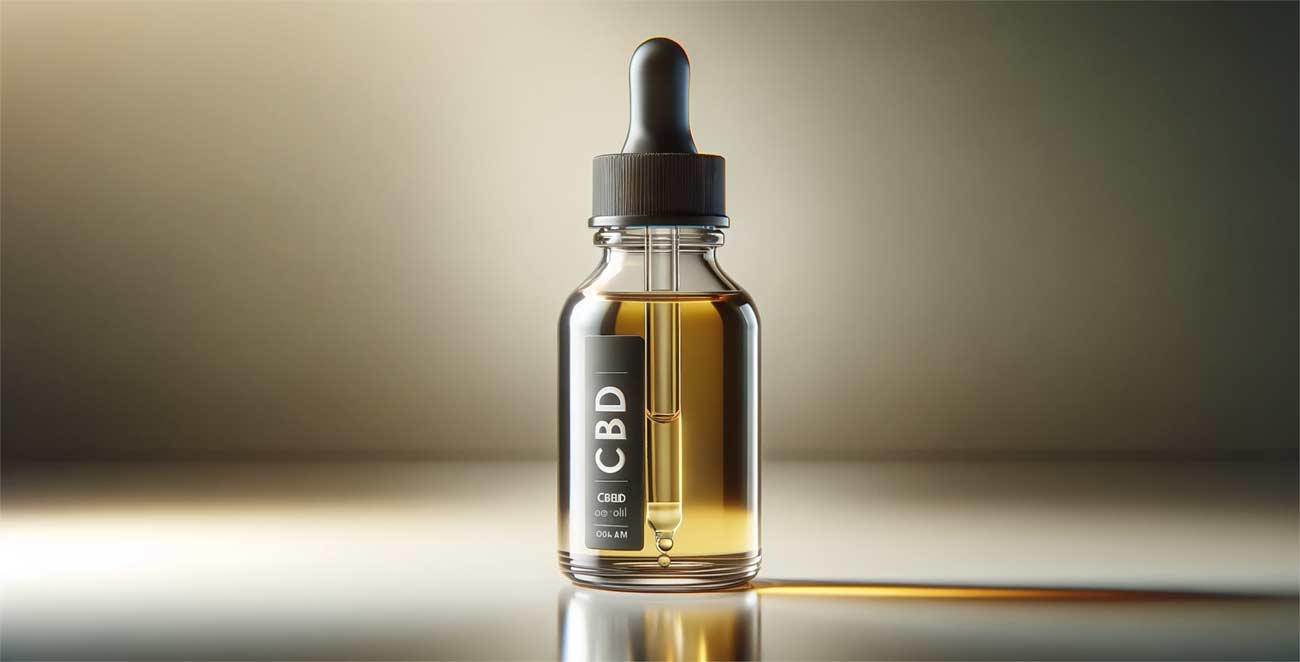As the use of Cannabidiol (CBD) oil becomes more common, Muslims around the world are seeking to understand whether CBD oil aligns with Islamic dietary laws. In Islam, substances are categorized as halal (permissible) or haram (forbidden), and adherents strive to follow these guidelines in all aspects of life.
Islamic Legal Perspective on CBD Oil
Islamic dietary laws, rooted in the Quran and Hadith, provide guidelines for what Muslims can consume. When it comes to CBD oil, opinions among Islamic scholars vary. Some argue that CBD oil is halal as it is a plant extract, similar to other permissible substances like essential oils, and lacks intoxicating qualities. This view compares its use to common spices such as ginger or turmeric, emphasizing its health-related benefits. However, other scholars are more cautious, highlighting concerns over the presence of Tetrahydrocannabinol (THC) – a psychoactive compound found in cannabis – and its potential to intoxicate, which is strictly prohibited in Islam.
The Importance of Product Composition and Consumption Methods
In determining whether CBD products are halal, the composition of these products is crucial. Each ingredient must be reviewed to ensure it contains no haram substances. For example, CBD gummy bears may be prohibited if they contain gelatin derived from animals not slaughtered in a halal manner. Additionally, the method of consumption is a factor; some believe vaping CBD is forbidden in Islam due to its resemblance to smoking, which is generally prohibited. Muslims are advised to exercise caution and ensure that both the products and their consumption methods comply with Islamic dietary laws.
Health Benefits vs. Religious Observance
CBD oil is lauded for several health benefits, including seizure prevention and relief from anxiety, depression, and acne. However, Muslims face the dilemma of balancing these potential health benefits with adherence to Islamic principles. While some scholars advocate for its use when beneficial and non-intoxicating, others caution against it due to potential side effects and drug interactions. It’s advised that Muslims consult healthcare providers and religious authorities before using CBD, considering both medical and religious implications.
Conclusion
The question of whether CBD oil is halal does not have a one-size-fits-all answer. Islamic scholars present varying opinions, and it ultimately comes down to an individual’s interpretation of Islamic law and personal health needs. Muslims considering CBD oil should engage in thorough research, consult religious authorities, and ensure the product’s composition aligns with halal standards. This decision should be made with careful consideration of both Islamic teachings and the individual’s health requirements.

